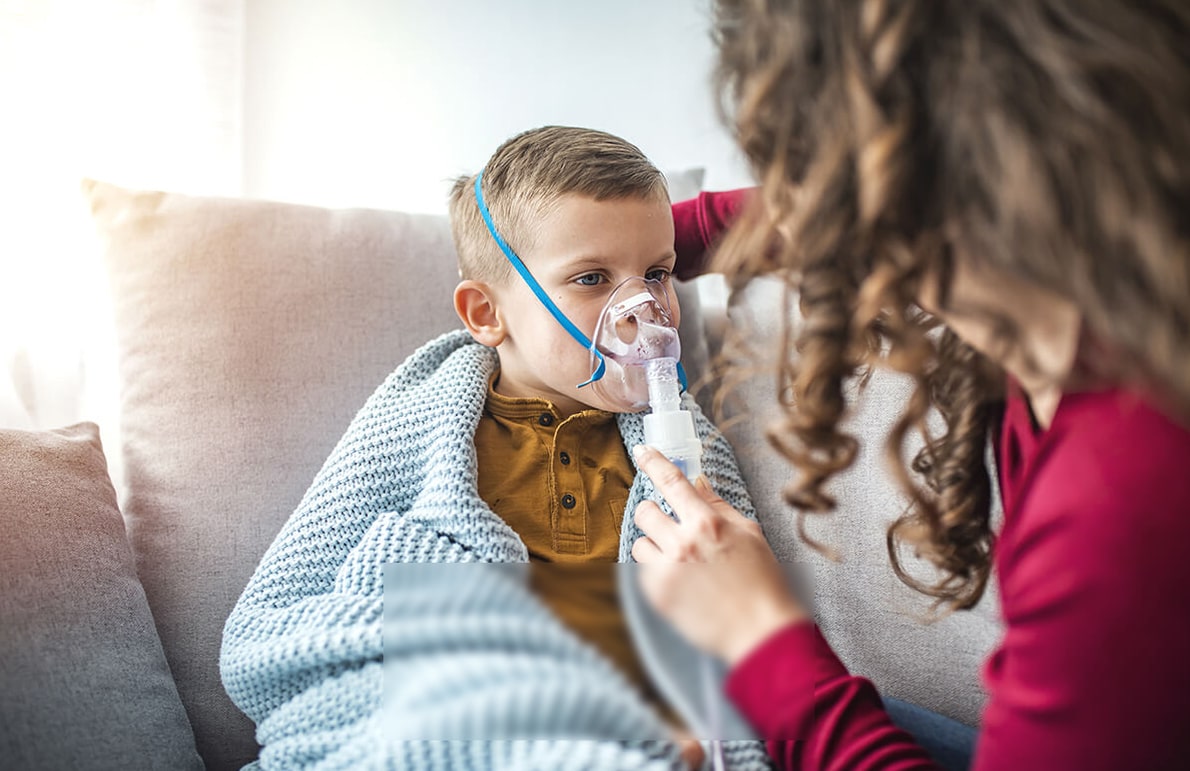
Cystic fibrosis (CF) is a genetic disorder, which means patients get it from their parents at birth. It affects the way the body makes mucus, a substance that helps organs and systems to work. The mucus should be thin and slippery, but when someone has CF, it becomes thick and glue-like. This blocks tubes and ducts throughout their body.
Over time, this thick mucus builds up inside the airways. This makes it hard to breathe. The mucus traps germs and leads to infections. It can also cause severe lung damage like cysts (fluid-filled sacs) and fibrosis (scar tissue). That’s how CF got its name.
Cystic Fibrosis Symptoms
People with CF can have symptoms including:
-
The trouble with bowel movements or frequent, greasy stools
-
Wheezing or trouble breathing
-
Frequent lung infections
-
Infertility, especially in men
-
Trouble growing or gaining weight
-
Skin that tastes very salty
Causes of Cystic Fibrosis
In cystic fibrosis, a defect (mutation) in a gene — the cystic fibrosis transmembrane conductance regulator (CFTR) gene — changes a protein that regulates the movement of salt in and out of cells. The result is thick, sticky mucus in the respiratory, digestive, and reproductive systems, as well as increased salt in sweat.
Many different defects can occur in the gene. The type of gene mutation is associated with the severity of the condition. Children need to inherit one copy of the gene from each parent to have the disease. If children inherit only one copy, they won't develop cystic fibrosis. However, they will be carriers and could pass the gene to their children.
Diet recommended for Cystic Fibrosis
Like everyone else, guys and girls who have CF should eat a balanced diet that includes plenty of fruits and veggies, whole grains, dairy products, and protein. Also, people with CF have some specific nutritional needs to help them stay healthy. Here are some of the nutrients they need to get more of:
Protein. About 15% to 20% of the calories a teen with CF eats should come from foods rich in protein, like meat, eggs, soy foods, fish, nuts, or beans.
Iron. Iron is important to help fight infection. It also helps to carry oxygen in the blood from the lungs to every cell in the body. Fortified cereal, meats, dried fruits, and dark green vegetables are good sources of iron.
Salt. Teens with CF lose a lot of salt in their sweat, especially during hot weather and when they exercise. A good way to replace this salt is by adding salt to food and eating salty snacks. sports drinks are recommended for after sports practice or gym class, especially during hot weather.
Zinc. Zinc is important for growth, healing, and fighting infection. Good sources include meats, liver, eggs, and seafood.
Calcium. People with CF are especially at risk for osteoporosis, a condition where the bones become weakened. Dairy products are good sources of calcium — and full-fat dairy products like whole milk are good sources of fat and calories as well.
Facts about calorie
In general, teenagers with CF may need more calories a day than others in their age group — that's about 2,900 to 4,500 calories daily, depending on the individual. What are all those calories for? Like every other teenager, girls and guys with CF need calories to fuel their growth during puberty. They just need more of them.
So how can people with CF add calories to meals? In general, they should avoid all diet foods. Whether eating at home or away, here are some simple tips:
-
Drink whole milk and milkshakes.
-
Add extra butter or olive oil to foods like potatoes or pasta.
-
Use regular (not diet) dressings on salads or vegetables.
-
Eat burgers with bacon and cheese.
-
Eat pizza with extra cheese.
-
Add cheese to sandwiches.
-
At breakfast, eat omelets with extra cheese and ham or bacon.
-
Eat calorie-rich desserts such as ice cream, pudding, and cheesecake.
-
Top hot chocolate, pudding, and other desserts with whipped cream.
-
Avoid diet foods – anything that says nonfat, low fat, reduced calorie, or light/lite on the label.
-




